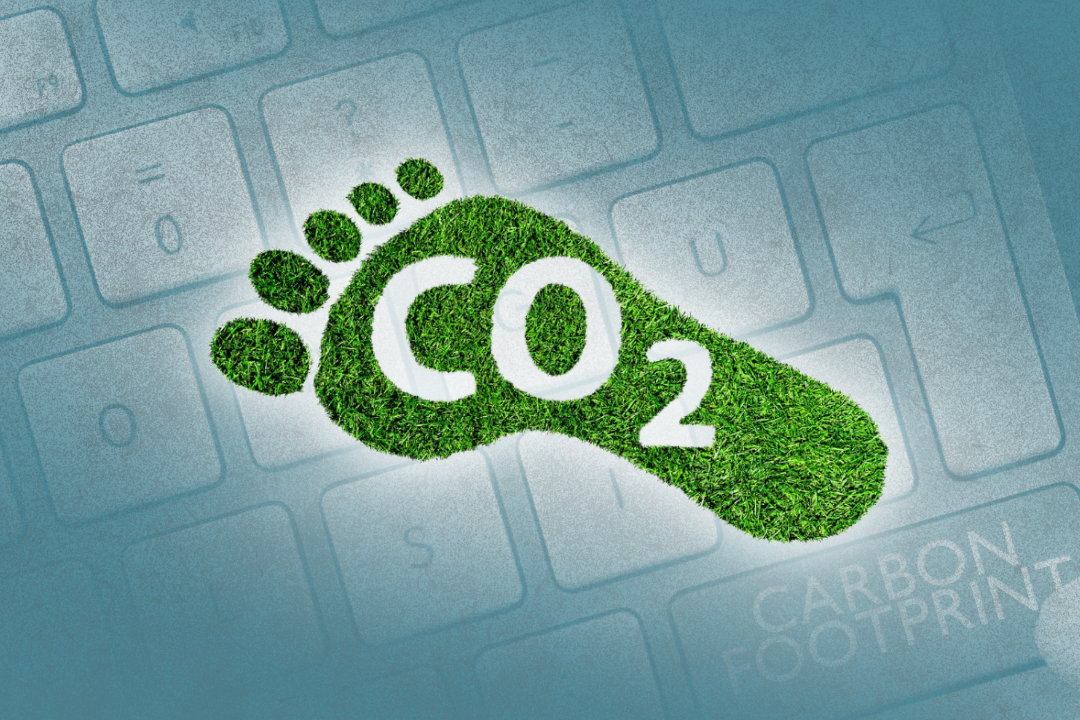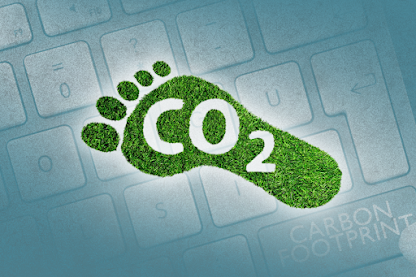Natalie Andrea Ayo
Just leisurely using the internet adds to one’s carbon footprint. In 2023, the average emission per person was 4.7 metric tons (Statistica). With more climate action from digital service providers, being chronically online may no longer come at an environmental cost.
With a simple email emitting four grams of carbon dioxide emissions (CO2e) — the standard measurement unit for carbon dioxide emissions on climate change, the impact of technology certainly goes beyond the screen and into the environment.
Globe — one of the leading telecommunications (telco) companies in the Philippines, has recently become the first telco and digital service provider company in the country to adopt the Retail Aggregation Program (RAP) initiated by the Energy Regulatory Commission (ERC).
This is in line with the company’s net-zero and 100% renewable energy goal through the use of hybrid solar power and geothermal power sources in partnership with ACEN Renewable Energy Solutions (ACEN RES).
The said partnership supports the Department of Energy’s goal of increasing the country’s energy coming from renewable sources to 35% by 2030 and then up to 50% by 2040.
By adopting RAP, Globe is able to consolidate its high electricity demands while providing its consumers with better rates and renewable energy sources all while aiding the company’s Science-Based target initiatives.
Through the program, the company is said to switch more than 3,000 of its sites to renewable energy which is expected to avoid about 5.5 million kilograms of CO2e greenhouse gases (GHG) emissions a year while still being able to provide 80-million kilowatt hours of sustainable energy annually.
Internet access has become so established in a Filipino’s daily life that Statistica reports that in 2024 internet penetration in the Philippines was around an estimated 89% with the majority of Filipinos having access to the internet.
As the Commission for Human Rights (CHR) has stressed that access to the internet is considered a human right, individuals in the digital world do not just want to use the internet, it has become a need.
According to the Philippine Statistics Authority (PSA), internet usage in the education sector in the country has significantly increased, with around 81% of individuals aged 10-30 years old attending school use the internet for research and sending emails last 2019.
These efforts follow the company’s ongoing utilization of 33 high-energy utilization facilities powered by renewable energy.
On the topic of climate initiatives, Globe is no stranger to efforts in sustainability. In 2019, the company pioneered the Retail Competition and Open Access (RCOA) and Green Energy Option Program (GEOP) in the telco industry.
RCOA and GEOP are both initiatives by the DOE to allow consumers to decide which electricity supplier to source its power from, encouraging them to switch to renewable energy sources and more sustainable options.
“We are grateful to the DOE for leading the renewable energy transition and for ERC for enabling us to transition our smaller sites. With RAP, we are able to address the urgent need to reduce emissions at scale.,” Yoly Crisanto, Globe’s Chief Sustainability and Corporate Communications Officer, said.
Crisanto says that through further expanding their options of renewable energy and with the addition of these more sustainable sites they are able to prove that clean energy is not only attainable but also necessary across their operations.
With the further transition to renewable energy Globe aims for a 42% reduction in Scope 1 and Scope 2 and a 25% reduction in Scope 3 GHG emissions based on a 2021 baseline.
These scopes are categories of a company’s overall carbon footprint with Scope 1 being direct emissions from the company, Scope 2 being the indirect sources, and Scope 3 being the product use such as consumers using the services or products provided.
A long term goal of a reduced 90% in all scopes has also been set by 2025 showing commitment in making surfing through the internet much more sustainable and less harmful to the environment.
Efforts in decreasing the carbon footprint shown by Globe and other telco companies are just one step towards the country’s climate action involving corporations, business, and consumers.
As users utilize the internet to spread more awareness on the pressing concerns of climate change one also leaves behind their carbon footprint — a trace slowly depleting the climate.
The strengthening of initiatives such as RAP and the involvement of major companies can bring the possibility of being able to surf the internet guilt-free.


